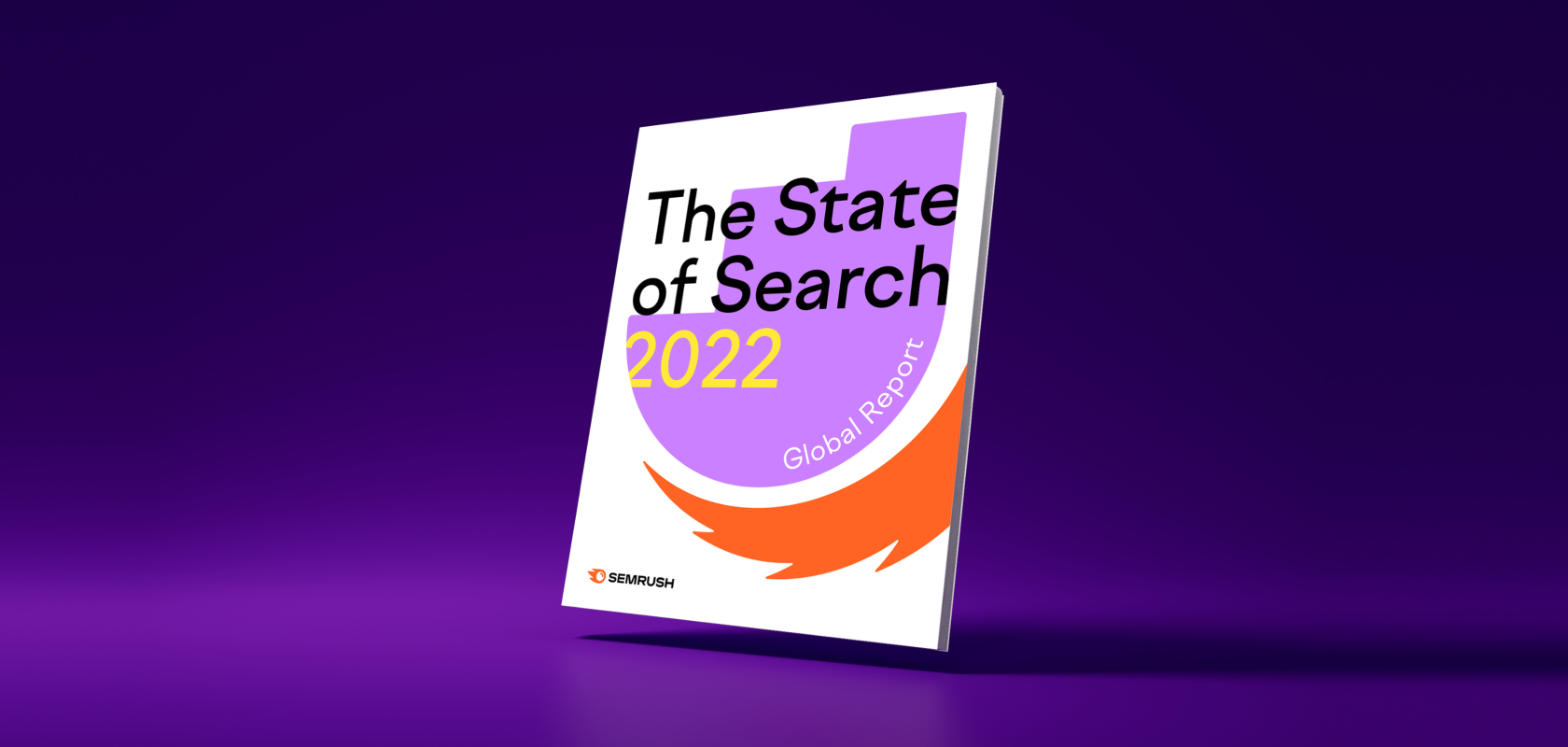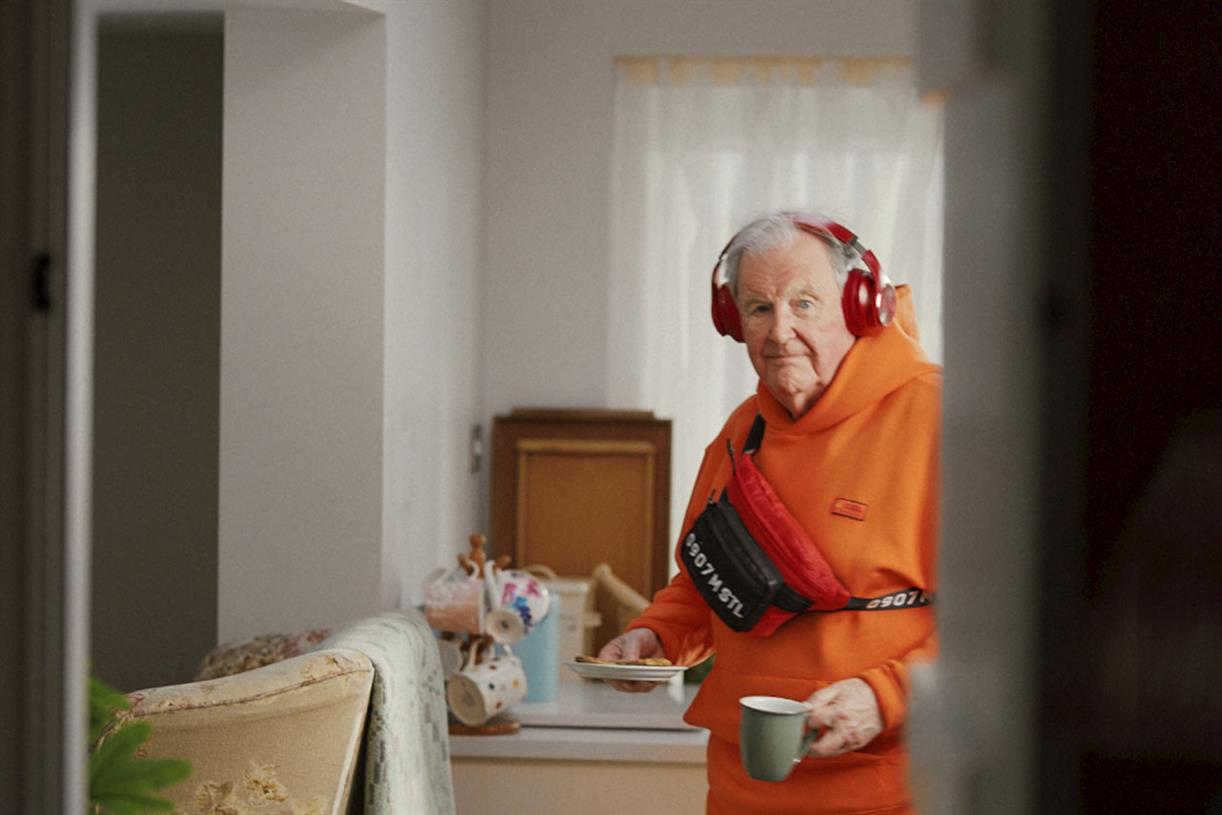YouTube Expands Testing of Its AI-Powered Jump Ahead Option
A new way to skim through YouTube clips.

YouTube has expanded the test of its new, AI-powered Jump Ahead option, which enables viewers to skip ahead to the most engaging part of any clip.

As you can see in this example, with Jump Ahead, viewers can simply tap on the prompt to get to the next most relevant part of any video. The AI-driven process takes into account the most watched elements of each clip, then enables you to skip ahead to those points, as opposed to skimming through each individual chapter.
So it’s less AI and more commonality in viewer behavior. But AI sounds better.
As per YouTube:
“The way it works is, if a viewer is double tapping to skip ahead on an eligible segment, we’ll show a jump ahead button that will take them to the next point in the video that we think they’re aiming for. This feature will also be available to creators while watching their own videos.”
Essentially, rather than making users scan through the whole clip, the process seeks to use machine learning to make it easier to find the most relevant segments.
YouTube’s been testing the option with a small subset of YouTube Premium subscribers over the past month, and now, it’s making it available to all Premium users in the U.S.
Those who have the option available will see this notification in the app:

Again, it seems like fairly light use of AI, but it could be a handy way to skim through video clips, especially longer ones that ramble on a bit.
You can imagine, for example, that this could be valuable for students looking to study longer videos, by skimming through to where others have found the most relevant info, or those who want to catch up on a documentary series, but don’t have time to sit through the whole thing.
There’s a range of ways in which it could be valuable, while as YouTube notes, creators will also be able to see what people are watching most, with an easy skip option.
YouTube hasn’t said whether this will become more widely available to all users as yet.

 Astrong
Astrong 
































